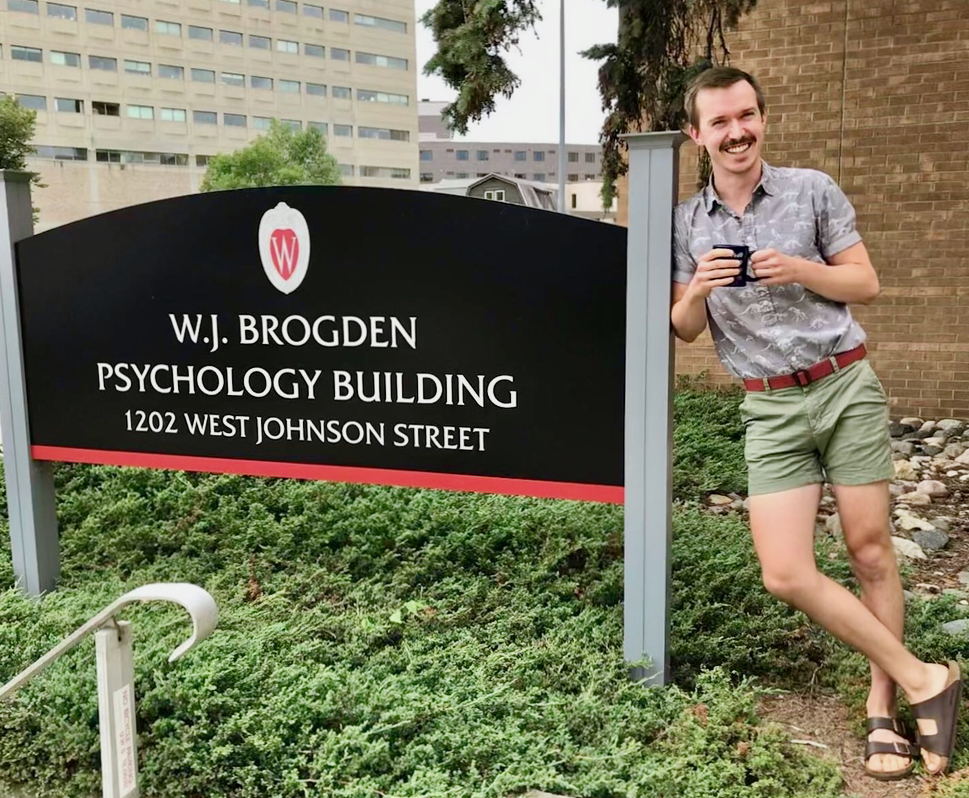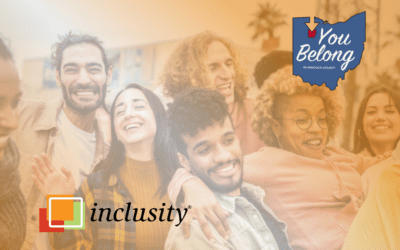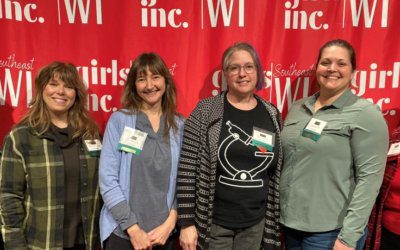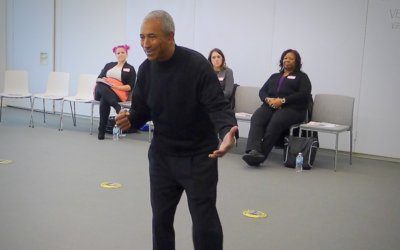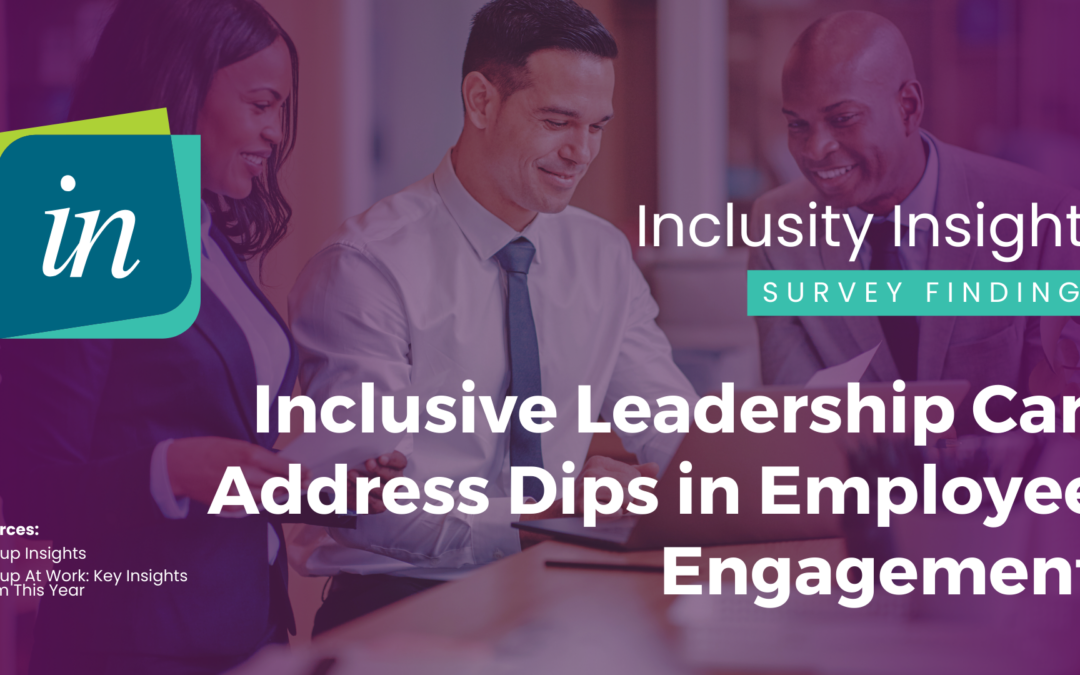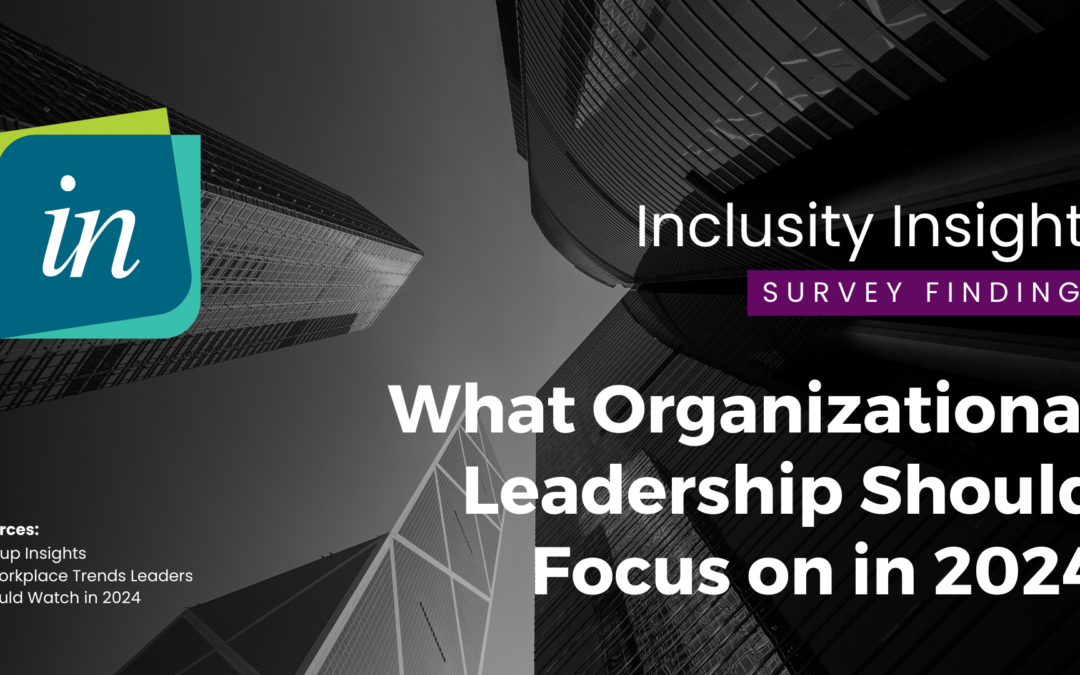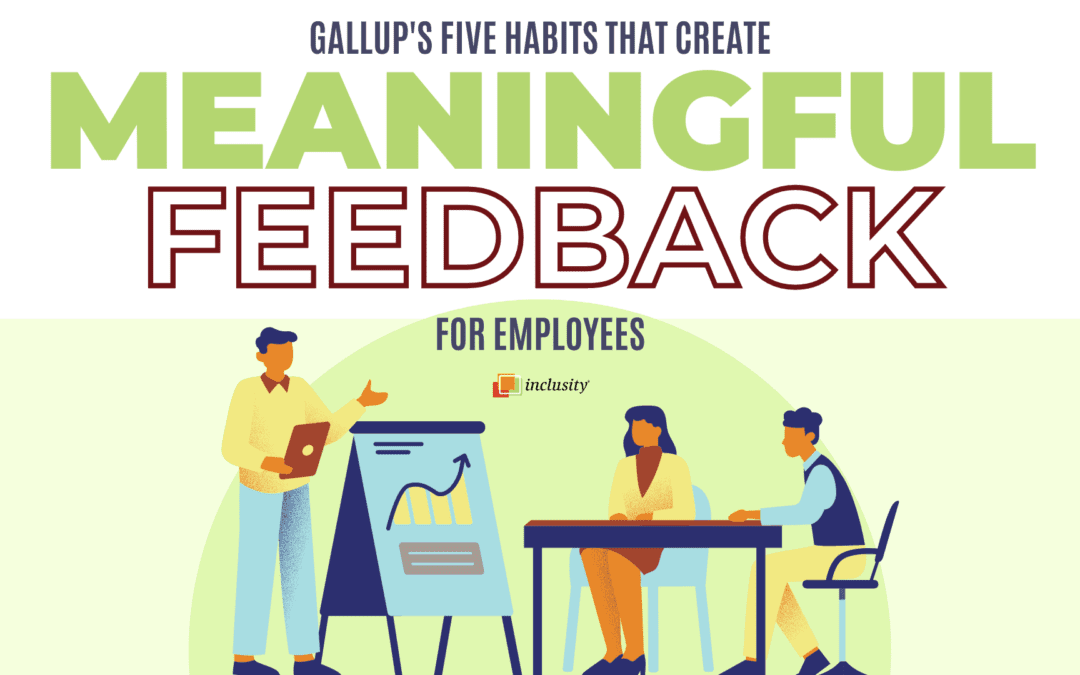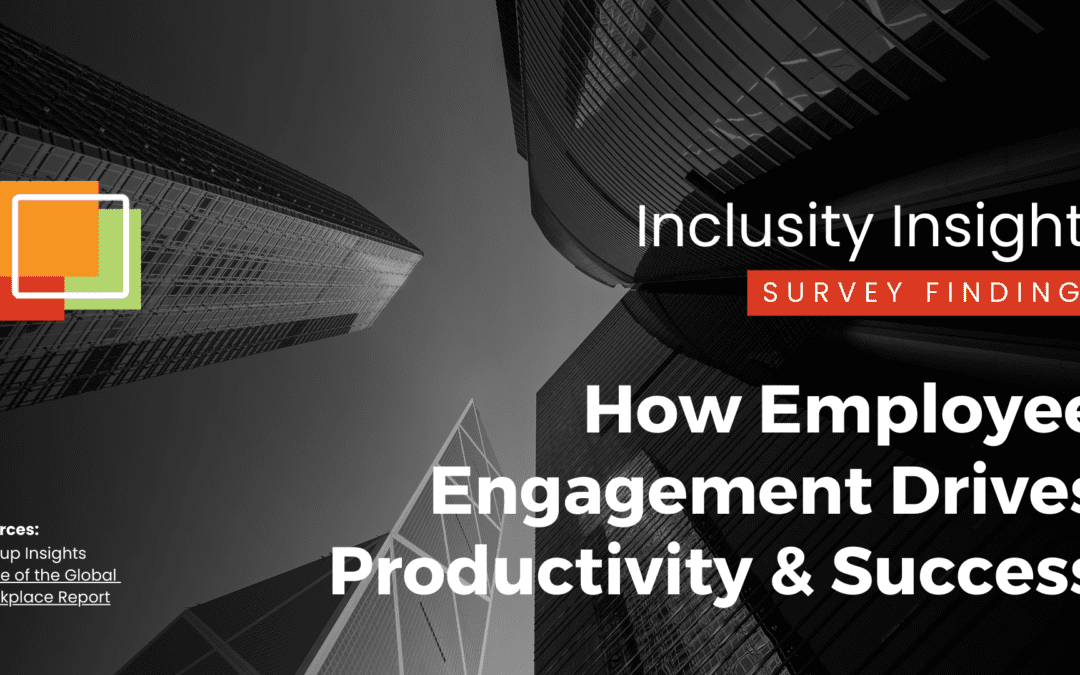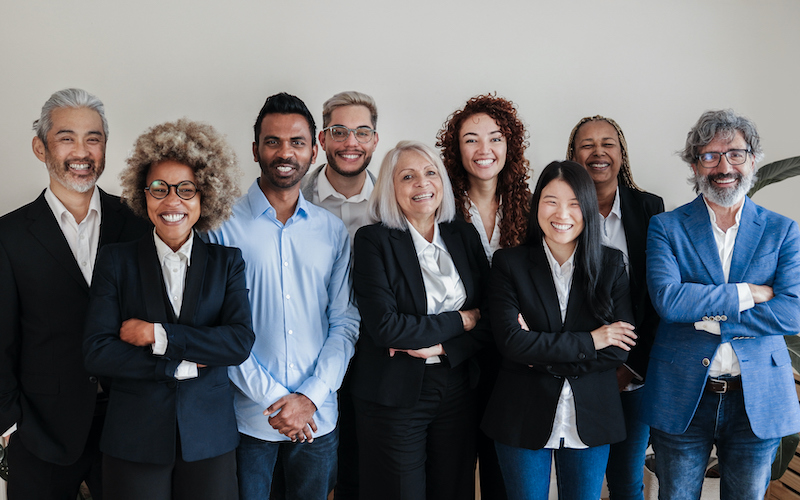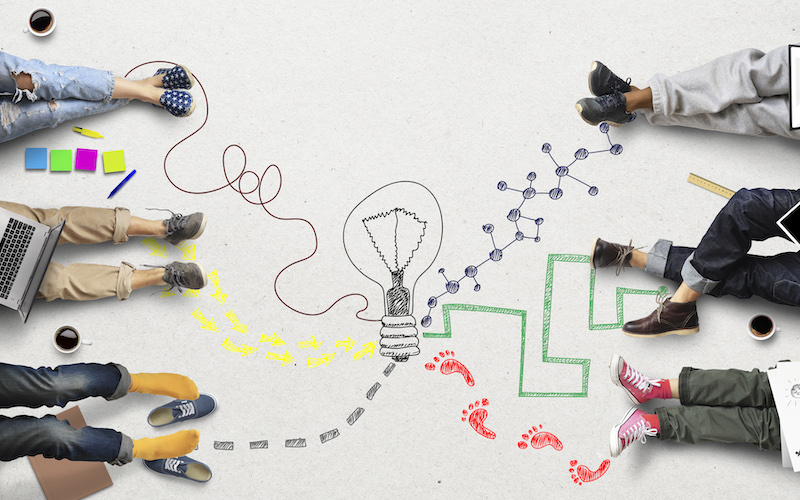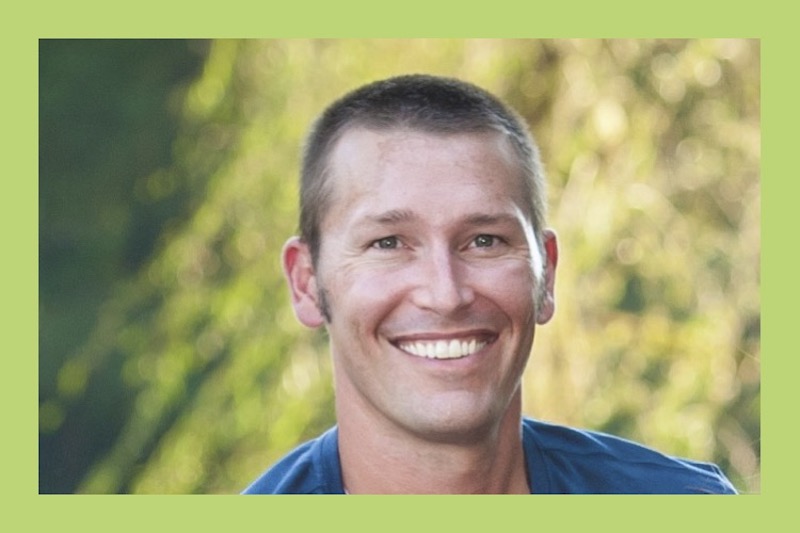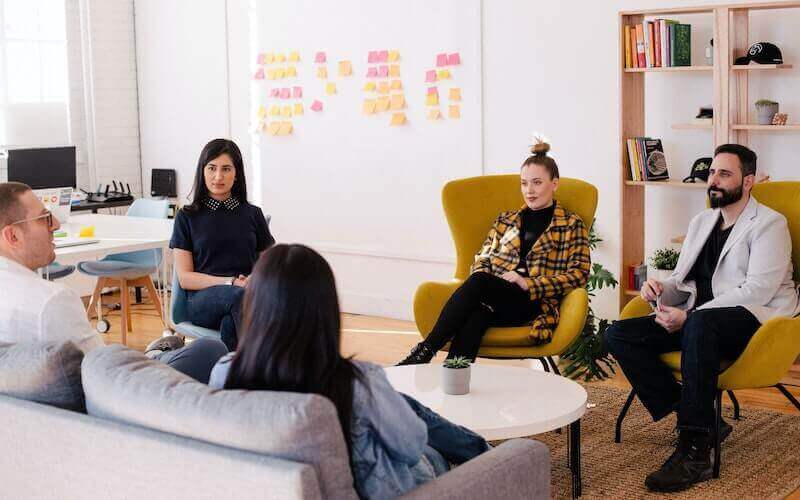As Inclusity’s Director of Research and Evaluation, Mitchell helps develop our programs and services and performs evaluations to determine their effectiveness. He earned his bachelor’s degree at Carleton College and a Master’s of Science in psychology and Ph.D. in psychology from the University of Wisconsin – Madison.
What aspect of your role as Director of Research and Evaluation do you enjoy most?
Honestly, I think it changes every week depending on what I’m working on at that time. Right now, I’m working on client assessment results from client surveys, focus groups, and interviews. That’s really exciting because the only knowledge I have about a client before we conduct an assessment is what we hear from their leaders. So, hearing from the people is fascinating, and it’s great to learn more about their unique challenges and the ways in which those things do or do not line up with what we hear from leadership. I’m also really pumped about creating LGBTQ+ awareness training.
What would people never guess that you do in your role?
One thing that I do when assessing our training or creating new training is actually read research literature. I look up the big repositories where all the journal articles are stored to see what work has been done on these topics before. And, since this is my area, I reach out to the researchers and ask them questions, especially because the academic work lives in a bit of a silo where there’s not much work that applies in the real world context. I have to do a lot of asking about it or thinking through how this can apply in the real world and not just in a lab setting.
What’s the most inspiring part of your job?
I think that in the future seeing the long-term impact of our work is most inspiring. And, because I also facilitate trainings, creating training content is most inspiring. I see the whole process from looking at the client assessment, seeing that there is a client need, creating the training, and implementing the training. I feel like I’m meeting a need and really helping people. So, for example, the training around LGBTQ+ awareness, we’re working with a client that in the client assessment, this was identified as a need for their organization and one of the people groups where they wanted to focus inclusion efforts. This was already interesting to me, because I’m a nerd about this stuff, but then figuring out how to structure this is very satisfying. Ultimately, we get to help people and that’s awesome!
What gets you excited about working for Inclusity?
I have a lot of confidence in the work that we do. I think the approach that we take to our work is not only innovative but also realistic. The founder of Inclusity views herself as a behaviorist, and I also consider myself a behaviorist. The best route that we have to changing things is trying to change behavior first. It’s exciting to me to be working in an environment where I have a high degree of confidence that what we’re doing is actually making a difference.
What’s a fun fact about you that people may not know?
I cross country ski competitively and do a number of races in the Midwest region. My favorite race is the American Birkebeiner, one of the biggest cross country ski races in the world. Earlier this year, I placed 69th out of about 4,000 people in this race. Also, my mom and stepdad owned a karate studio growing up, and I started karate at four years old and have a black belt.
Do you have a motto or personal mantra?
One way that I try to organize my life is by always doing the thing that is most life giving. The thing that I like about the term life giving is that it can be for me or for others. Life giving means something that is a combination of fulfilling and energizing. My work with Inclusity is life giving, as I try to help improve work situations for others. One of my personal goals is that I want to infuse more positivity into the world. In many situations where people may not think about the way they’re behaving toward other people, I try to be very mindful. For example, interacting with service employees is an opportunity where it’s really easy for me to do something that makes someone feel better and actively infuse positivity into their world.
What career lesson have you learned thus far?
Another lesson that I’ve learned is that every situation and client is different and they need different things, but there are commonalities across the clients that we work with that are sometimes unexpected. Clients that are in very different industries or that are different sizes or with different surface level cultures, sometimes have similar challenges.
What does inclusion mean to you?
Inclusion means really feeling that you can be your full authentic self and feel supported in working toward your goals. One of my deep personal values is that we should level the playing field as much as possible so people can do the things that they’re passionate about, explore their talents, and grow their skills and abilities by having access to all of the same resources. So, to me, inclusion is leveling that playing field and making people feel not just that their allowed to be somewhere but their actively being made a part of the things that are going on.

